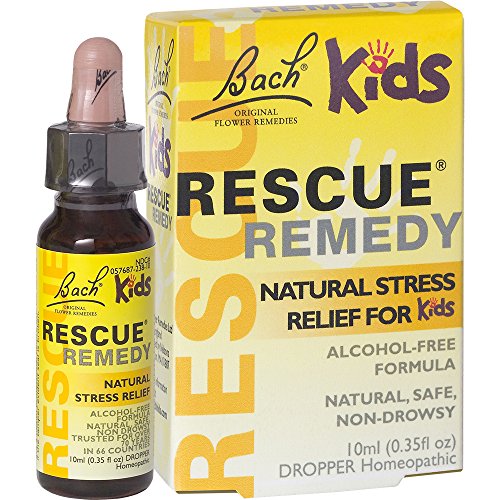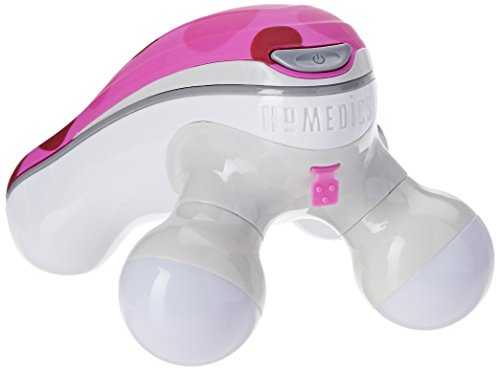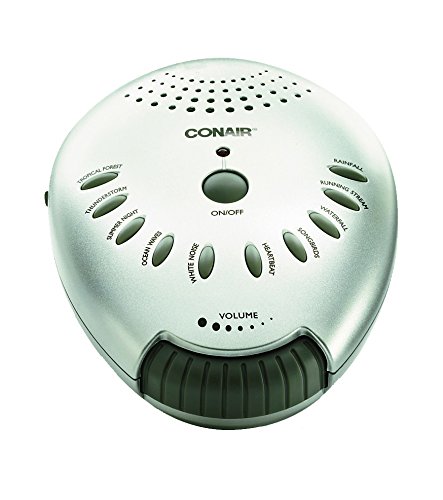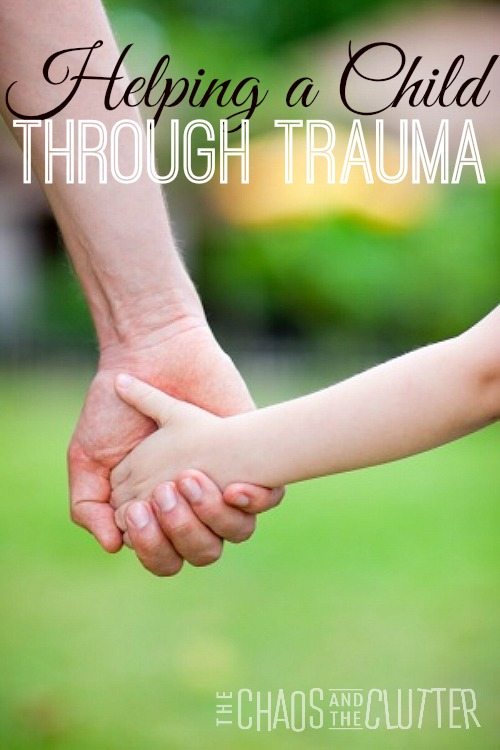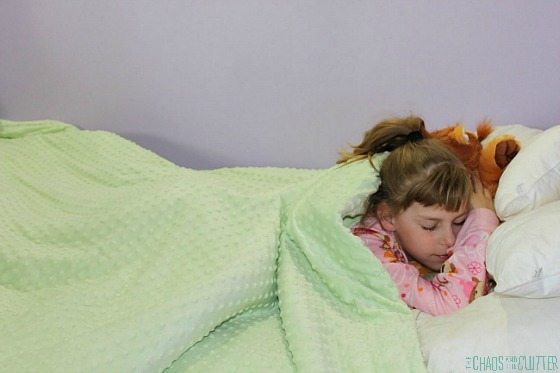Our daughter Dancing Queen suffers from PTSD (post traumatic stress disorder) and anxiety disorder. She has been in therapy for a few years now, including a specialized treatment program for trauma and attachment.
We work a lot with her at home, but I have recently been wanting to work more on teaching her to manage some of her anxiety on her own so that she can slowly work towards independence by the time she is an adult. One of the tools I chose to use was creating a calm down kit for her to help her manage her anxiety.
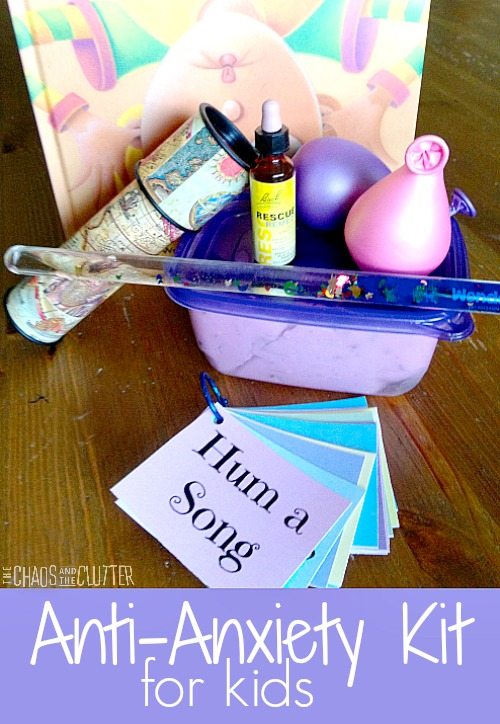
How to create a calm down kit…
The most important factor in creating a kit for your child is customizing it to what works for your child. If you have seen that there are certain activities or toys that seem to soothe your child, those may be great additions to their kit.
What you want to do in essence is create a toolbox of tools that they can pull out when they need them. You want to give them the strategies and confidence to be able to manage their stress and anxiety on their own.
In my daughter’s kit, I included:
- two stress balls (tutorial on how to make them yourself easily and inexpensively here)
- a kaleidoscope
- Wondertube (I-spy tube)
- piece of fabric
- lavender scented play dough in purple (soothing colour)
- small mirror (for checking herself to see if her face is relaxed)
- Rescue Remedy (natural stress relief drops that seem to really help our daughter if given at the beginning of anxiety)
- Rescue Gum
- the book The Way I Feel
- sound therapy (her favourite is the tropical rainforest sound or the heartbeat)
- mini massager (she is able to massage her scalp or ask me to massage her back or neck with this)
- relaxation prompt cards*
Treasure Scope Kaleidoscope Bach Kids Rescue Remedy
Bach Kids Rescue Remedy Rescue Spearmint Chewing Gum
Rescue Spearmint Chewing Gum Mini Palm Massager
Mini Palm Massager Sound Therapy Sound Machine
Sound Therapy Sound Machine The Way I Feel
The Way I Feel
*I have provided printable Relaxation Prompts for Children with some suggested activities or you can make your own. Please read the explanations at the bottom of this post that go into more detail about each of the suggested tools for reducing stress and anxiety.
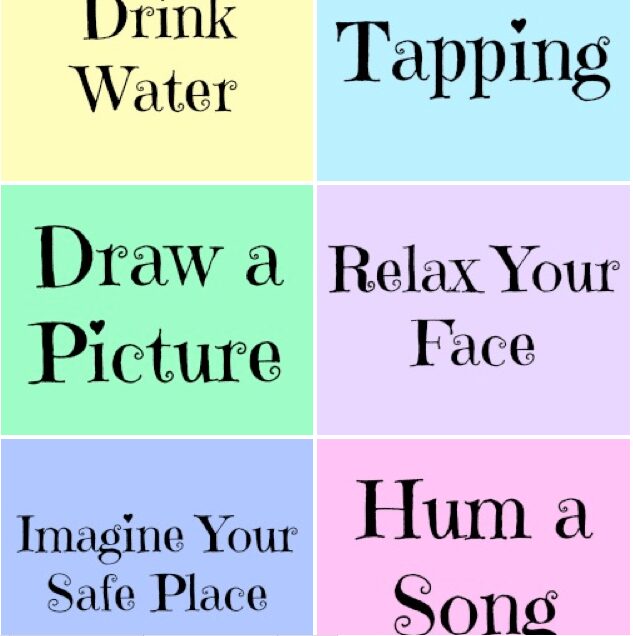 For younger children, you may need to create cards with pictures.
For younger children, you may need to create cards with pictures.
Other suggestions of items that could be included in an anti-anxiety kit…
- an iPod with headphones
- noise blocking headphones
- an iPad with games that are repetitive and calming
- activities from the Teaching Emotions Toolkit
- small photo album of loved ones
- something with vanilla or lavender scent
- warm, fuzzy socks
- a favourite book
- a soothing sounds CD
- a special blanket
- stuffed animal
- weighted vest or neck roll
Teaching Emotions Toolkit When My Worries Get Too Big!
When My Worries Get Too Big! Kids Noise Reducing Headphones
Kids Noise Reducing Headphones
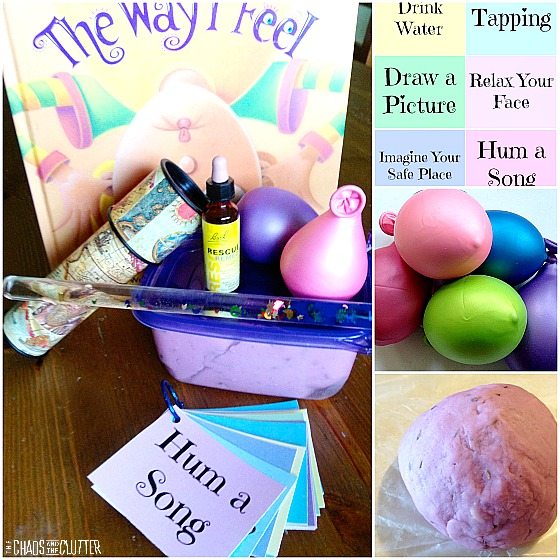
How to use the anxiety reduction kits…
Before introducing your child to their kit and its contents, sit down with them and discuss the signs that they are beginning to feel anxious. Have them describe to you the changes they feel in their body.
Ask them questions about their heart rate, their breathing, their senses, their temperature (many children describe feeling hot or cold), and any other changes they notice in their bodies as they begin to become anxious.
Next, empower them by telling them that you believe in them and think that they can learn strategies to help them cope with their own stress. You may want to tell them a few strategies you use to cope with your own stress.
Introduce the kit that you have made “just for them” and explain its contents and how each may be used when they start to feel anxious. Let them know that there may be times when they try one thing in the kit and it doesn’t seem to help but that there are other things they can try.
All of the items and ideas in the kit should be practised with you a number of times before the child is expected to try them on their own. Until a child feels confident about their ability to reduce their anxiety themselves, you should stay nearby while they use their kit.
Offer encouragement and praise, but avoid the temptation to suggest which coping strategy they should use unless you see an escalation in their anxiety and it is obvious that they need direction.
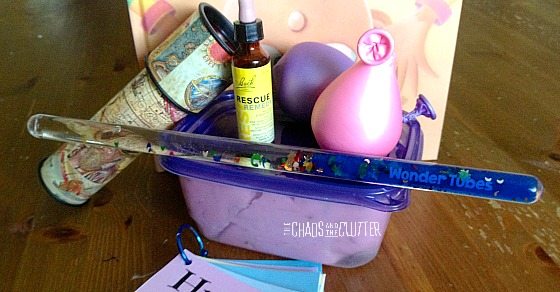
Explanations for the Relaxation Prompt Cards…
Go to a quiet place – sometimes removing themselves from a situation or from the noise and distractions can help minimize stress responses and help a trauma response or time of anxiety to be over faster.
Pray – this one seems fairly self-explanatory. For children who have a foundation of faith, prayer can be comforting.
Listen to music – listening to music or a special relaxation CD with soothing sounds on it is very calming for many children.
Breathe deeply – deep breathing is a skill that must be taught and practised. Your child will be better able to handle stressful situations using their breathing techniques if they have practised them at times when they were not feeling under duress. One way to practise is to have them lay on their back and place a stuffed animal on their stomach or chest and demonstrate how the stuffed animal rises and falls with their breathing and see if they can create higher rises.
Go for a run – running is a good activity for stimulating endorphins, releasing cortisol (very important in children with high anxiety), and providing an EMDR effect on the bottoms of the feet because of the left-right repetitive motion (more about EMDR below)
Wrap yourself in a blanket – wrapping snugly in a blanket or even in a tube of stretchy fabric mimics the feelings of security of being swaddled as an infant and for some children, may provide quick relief from anxiety
Drink water – Being even slightly dehydrated can increase cortisol levels. It’s important for our kids who battle anxiety to drink water frequently.
Tapping – Explaining tapping (Emotional Freedom Technique) would require a post all of its own. It works wonders for some kids and they can even learn to do it to themselves. For other kids, it doesn’t seem to decrease their stress. You can learn more about it and watch how-to videos here.
Draw a picture – Art therapy is an incredible tool and by expressing themselves through art during a time of high emotion, your child may be able to release some of their stress and perhaps even be better able to get to the root of and communicate their feelings.
Relax your face – Have your child practise tightening and relaxing their muscles at a time when they are not in crisis to better understand what relaxed looks and feels like. This is where having a small mirror in their kit will come in handy.
Hum a song – humming is more calming than singing because of the vibrations
Imagine your safe place – our daughter has done imagery work in therapy about her safe place so when she is struggling to feel safe within her feelings or body or memories, going to that place in her mind helps her to feel safe again (this is something you would want to discuss with your child at a time when they are calm so that they could determine what that place is for them)
Put your feelings in a bucket – this is a tool that our daughter learned in therapy and it works very well for her when her feelings are overwhelming her. To make this easier, I am keeping her kit in a large bowl with a lid so that the bowl is readily accessible. It is what it sounds like. The child grabs their feelings (from near their stomach or chest or wherever they feel they are) and puts them into a bowl. When they feel like all their scary feelings are in the bowl, they can put the lid on it and put them away for when they are feeling strong enough to face them. (our daughter chooses to give her feelings to God before she puts the lid on the bowl)
Read a book – there are so many wonderful children’s books about feelings such as I Feel Orange Today, Today I Feel Silly, When I Feel Sad , My Mouth is a Volcano that can help children to recognize and address their feelings.
I also highly recommend When My Worries Get Too Big (a relaxation book for children who live with anxiety).
EMDR – EMDR is a therapy (eye movement desensitization and reprocessing) that has proven highly effective in dealing with trauma. It can be done using taps and can be combined with a positive mantra such as “I’m okay, you’re okay” or “I’m safe, you’re safe” to retrain the brain. I would recommend that you get some instruction on EMDR from a trained therapist because I don’t feel that I am qualified to teach you how, nor do I know your child and the particular circumstances, but EMDR has been the single most effective therapy that we have used with our daughter. I have also used it on myself in the past in dealing with trauma and on some of our other kids.
Ask for a hug – learning to ask for comfort when they need it is a wonderful skill for a child to have
Count slowly – this can be combined with breathing techniques to make it even more effective
Whisper the alphabet – reciting something familiar such as the alphabet is a good anxiety reducing technique and whispering it helps them to focus on something other than their negative emotions in the moment
What to Include in a Calm Down Kit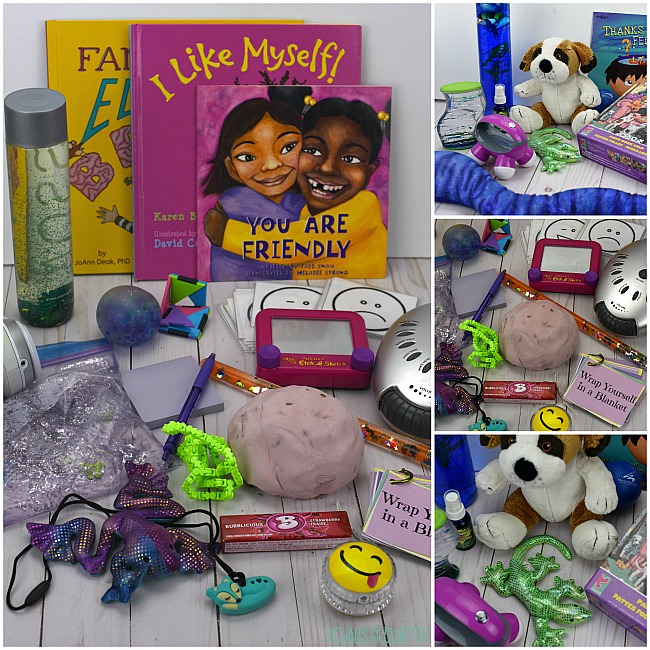
More Calm in the Chaos – The Printable Planner for Moms of Special Needs Kids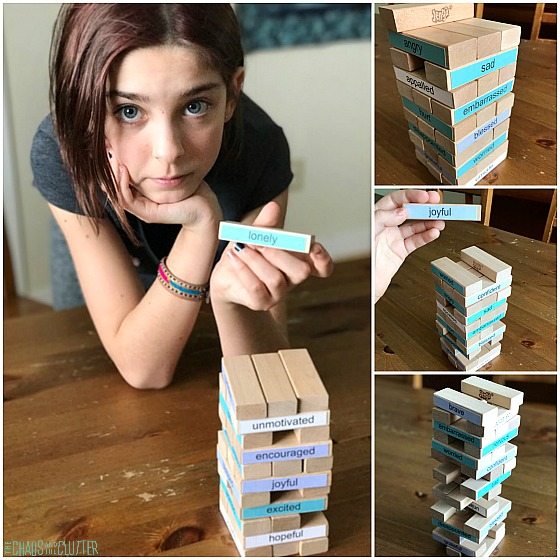 Feelings Jenga Game
Feelings Jenga Game

